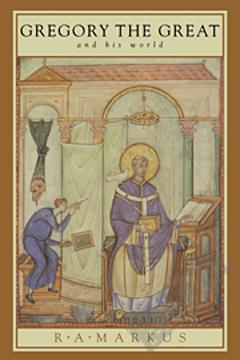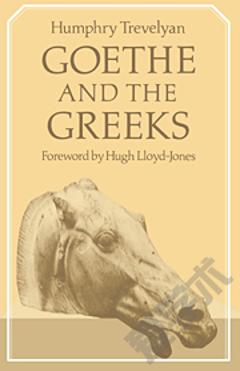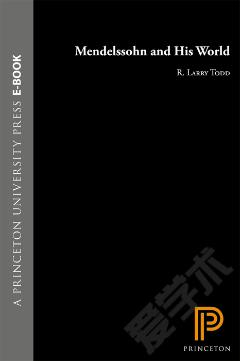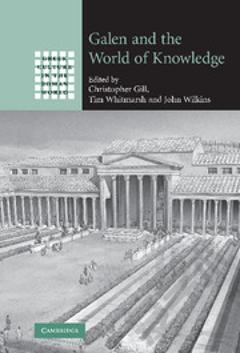Gregory the Great and his World
Markus's new and accessible work is the first full study of Gregory the Great since that of F. H. Dudden (1905) to deal with both Gregory's life and work as well as with his thought and spirituality. With his command of Gregory's works, Markus portrays vividly the daily problems of one of the most attractive characters of the age. Gregory's culture is described in the context of the late Roman educational background and in the context of previous patristic tradition. Markus seeks to understand Gregory as a cultivated late Roman aristocrat converted to the ascetic ideal, caught in the tension between his attraction to the monastic vocation and his episcopal ministry, at a time of catastrophic change in the Roman world. The book deals with every aspect of his pontificate: as bishop of Rome, as landlord of the Church lands, in his relations to the Empire, and to the Western Germanic kingdoms in Spain, Gaul, and, especially, his mission to the English.
{{comment.content}}








 京公网安备 11010802027623号
京公网安备 11010802027623号